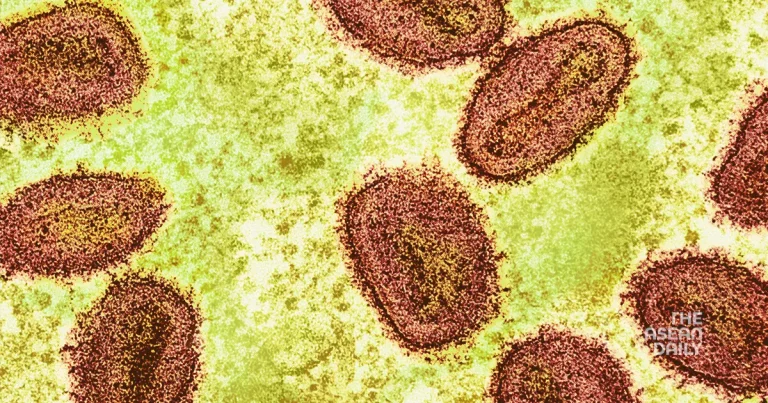26-8-2024 (MANILA) The Philippines’ Health Ministry has announced the confirmation of two additional mpox virus infections, bringing the total number of active cases in the country to three. All cases are of the milder clade 2 variant, according to Health Minister Teodoro Herbosa.
In a statement released on Monday, 26 August, Herbosa noted, “We continue to see local transmission of mpox clade II here in the Philippines, particularly in Metro Manila.”
The newly identified cases involve two adult males residing in the capital region. The first is a 37-year-old who developed a rash on his body last week and was subsequently admitted to a government hospital. The second case is a 32-year-old who presented with skin lesions.
These cases follow closely on the heels of last week’s announcement of an mpox infection in a 33-year-old male with no history of international travel. This earlier case raised concerns about possible local transmission within the Philippines.
With these new confirmations, the Philippines has now recorded a total of 12 laboratory-confirmed mpox cases since July 2022. The recent surge in cases has put health authorities on high alert, prompting increased surveillance and public health measures.
The situation in the Philippines reflects a broader global concern. Earlier this month, the World Health Organisation (WHO) declared mpox a global public health emergency for the second time in two years. This declaration, the WHO’s highest form of alert, was prompted by an outbreak in the Democratic Republic of Congo that has spread to neighbouring countries.
Of particular concern is a new form of the virus that appears to transmit more easily through routine close contact. While mpox is typically mild, it can be fatal, especially for vulnerable groups such as children, pregnant women, and individuals with compromised immune systems, including those living with HIV.
Symptoms of mpox include flu-like illness and characteristic pus-filled lesions on the skin. Health officials are urging the public to remain vigilant and report any suspicious symptoms to healthcare providers promptly.
The Philippine health authorities are stepping up efforts to contain the spread of the virus, including enhanced contact tracing, public education campaigns, and coordination with international health bodies. The government is also reviewing its vaccination strategies and considering targeted immunisation programmes for high-risk groups.




